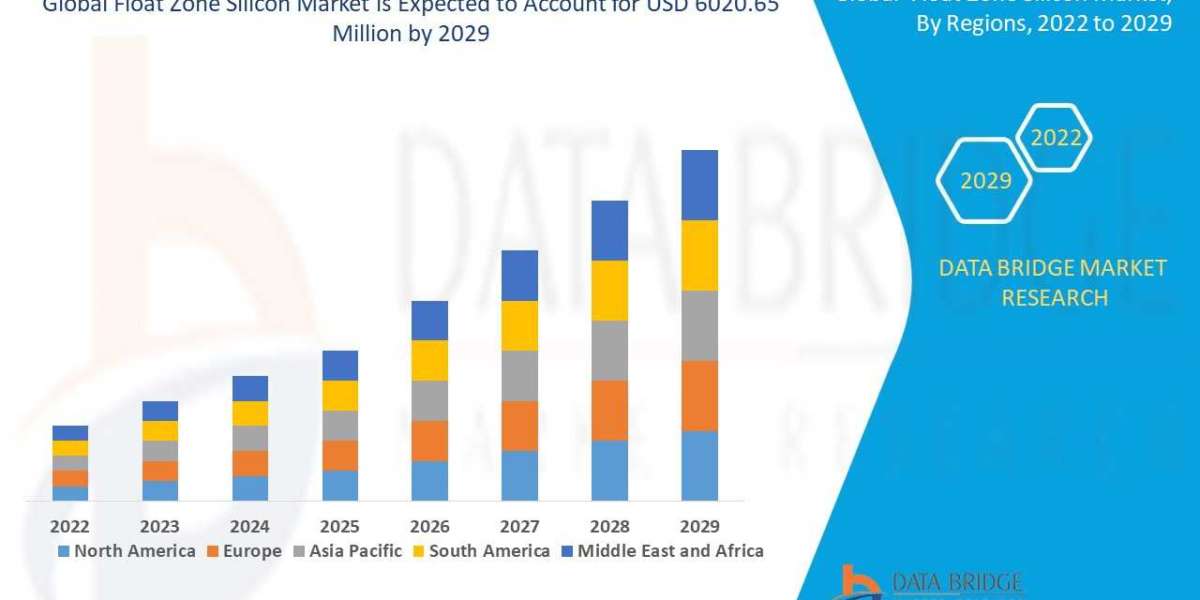Managing Stakeholder Expectations: A Key Pillar
Managing stakeholder expectations serves as a key pillar of project management. Stakeholders possess varying needs, perspectives, and goals related to a project, making it essential to establish clear and open lines of communication from the outset. By understanding and aligning with stakeholder expectations, project managers can foster trust, collaboration, and stakeholder satisfaction throughout the project lifecycle.
The Impact of Unmet Expectations
Unmet stakeholder expectations can have detrimental effects on a project. These effects include:
Scope Creep: When stakeholders' expectations are not managed effectively, there is a higher likelihood of scope creep—a phenomenon where project requirements continuously expand beyond the initial scope. This can lead to delays, budget overruns, and decreased project efficiency.
Communication Breakdown: Misaligned expectations often result in communication breakdowns between stakeholders and project teams. Poor communication can hinder progress, increase conflicts, and compromise the overall project outcome.
Loss of Stakeholder Confidence: Stakeholders who feel their expectations are consistently unmet may lose confidence in the project, the project team, and even the organization as a whole. This loss of confidence can harm future collaborations and business relationships.
Benefits of Managing Stakeholder Expectations
On the flip side, effective management of stakeholder expectations offers numerous benefits to project management:
Enhanced Project Clarity: By proactively managing stakeholder expectations, project managers can gain a clearer understanding of project requirements, priorities, and constraints. This clarity enables more accurate planning, resource allocation, and decision-making throughout the project.
Improved Stakeholder Relationships: When stakeholders' expectations are effectively managed, it fosters positive relationships built on trust, transparency, and accountability. Strong stakeholder relationships contribute to smoother project execution and increased stakeholder support.
Mitigated Risks: Addressing stakeholder expectations helps identify and mitigate potential risks early on. By anticipating and addressing concerns promptly, project managers can minimize the impact of unforeseen obstacles and maintain project momentum.
Strategies for Managing Stakeholder Expectations
Effectively managing stakeholder expectations requires a combination of communication, transparency, and proactive planning. Here are some strategies to consider:
1. Conduct Thorough Stakeholder Analysis
Before embarking on a project, it is vital to conduct a comprehensive stakeholder analysis. Identify all relevant stakeholders, determine their influence and interest in the project, and assess their expectations. This analysis provides valuable insights for tailoring communication and engagement strategies.
2. Establish Clear and Realistic Project Goals
Clearly defined project goals are crucial for managing stakeholder expectations. Engage stakeholders in the goal-setting process, ensuring their input and alignment with the project's overall objectives. By setting realistic goals and managing expectations from the start, project managers can foster a shared vision among stakeholders.
3. Maintain Open Communication Channels
Communication lies at the heart of effective stakeholder expectation management. Maintain open and transparent communication channels with stakeholders throughout the project. Regularly update them on project progress, address concerns promptly, and actively seek feedback to ensure ongoing alignment.
4. Set Realistic Timelines and Milestones
Managing stakeholder expectations regarding project timelines is essential. Define realistic timelines and milestones, considering potential delays and contingencies. Communicate these timelines clearly to stakeholders, managing their expectations about project duration and deliverables.
5. Provide Regular Progress Reports
Regular progress reports keep stakeholders informed about project advancements and challenges. These reports should be clear, concise, and provide meaningful updates on key metrics, risks, and achievements. Transparent reporting helps manage stakeholder expectations and demonstrates the project team's accountability.
6. Address Conflict and Resolve Issues
Conflicts and issues are inevitable in any project. It is crucial to address conflicts promptly, encourage open dialogue, and work towards resolution. Resolving conflicts in a timely and respectful manner maintains stakeholder satisfaction and prevents issues from escalating.
Frequently Asked Questions (FAQs)
Q1: Why is managing stakeholder expectations important in project management?
Managing stakeholder expectations is vital in project management because it fosters trust, alignment, and collaboration among stakeholders. It helps prevent scope creep, communication breakdowns, and loss of stakeholder confidence, thereby increasing the chances of project success.
A1: Effective management of stakeholder expectations results in enhanced project clarity, improved stakeholder relationships, and better risk mitigation.
Q2: How can project managers identify stakeholders' expectations?
Project managers can identify stakeholders' expectations through thorough stakeholder analysis. This analysis involves identifying stakeholders, determining their influence and interest in the project, and assessing their expectations through active communication and engagement.
A2: Conducting a stakeholder analysis provides valuable insights into stakeholders' expectations and helps tailor communication and engagement strategies accordingly.
Q3: What happens if stakeholder expectations are not managed effectively?
If stakeholder expectations are not managed effectively, it can lead to scope creep, communication breakdowns, and a loss of stakeholder confidence. These factors can significantly impact project success, resulting in delays, budget overruns, and compromised project outcomes.
A3: Managing stakeholder expectations is crucial for project success, as it helps mitigate risks, maintain project clarity, and build strong stakeholder relationships.
Q4: How can project managers maintain open communication channels with stakeholders?
Project managers can maintain open communication channels with stakeholders by regularly updating them on project progress, actively seeking feedback, and promptly addressing concerns. Transparent and frequent communication builds trust and ensures ongoing alignment.
A4: Open communication channels are essential for managing stakeholder expectations and fostering collaboration and support throughout the project.
Q5: What are some common challenges in managing stakeholder expectations?
Common challenges in managing stakeholder expectations include conflicting priorities, differing perspectives, and changing requirements. Additionally, addressing the diverse needs of various stakeholders and balancing their expectations can pose significant challenges for project managers.
A5: Project managers must navigate these challenges by employing effective communication strategies, conducting stakeholder analyses, and maintaining a proactive approach to managing expectations.
Q6: How can project managers resolve conflicts among stakeholders?
Project managers can resolve conflicts among stakeholders by encouraging open dialogue, active listening, and seeking mutually beneficial solutions. By addressing conflicts promptly and respectfully, project managers can maintain stakeholder satisfaction and promote a positive project environment.
A6: Resolving conflicts among stakeholders is crucial for managing expectations, maintaining stakeholder support, and ensuring project success.
Conclusion
Managing stakeholder expectations is undeniably a key aspect of successful project management. By understanding, aligning, and effectively addressing stakeholder expectations, project managers can build trust, foster collaboration, and increase the likelihood of project success. Through thorough stakeholder analysis, open communication, and proactive strategies, project managers can navigate the challenges associated with managing stakeholder expectations and ensure the satisfaction of all project stakeholders.


